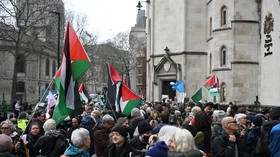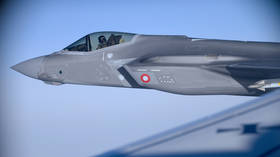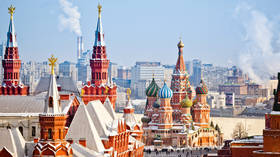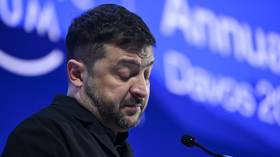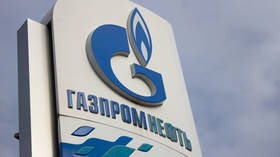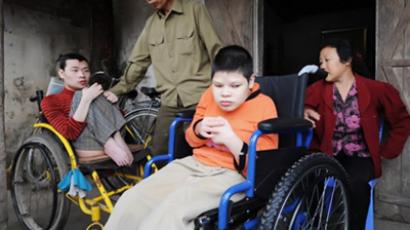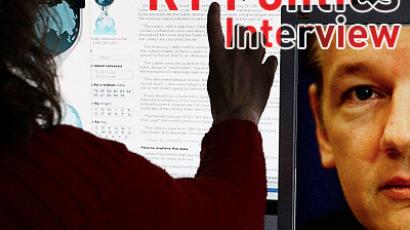US whistleblowing scandal finale: Vietnam War papers released
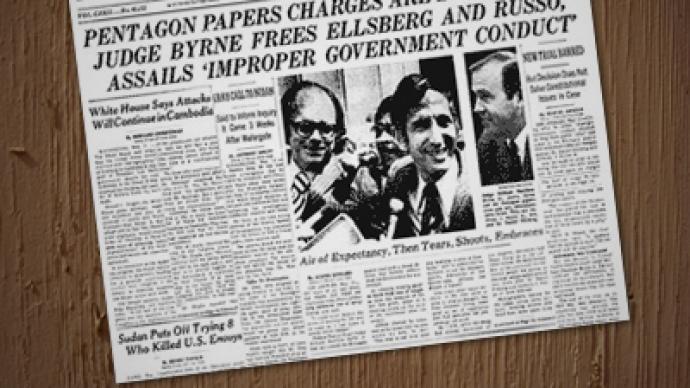
A once top-secret study of the Vietnam War, the so-called Pentagon Papers, have been released four decades after parts were published in The New York Times triggering a constitutional crisis over freedom of the press.
The papers have been simultaneously released at the John F. Kennedy Library in Boston; the Richard Nixon Library in Yorba Linda, California; the National Archives in College Park, Maryland and the Lyndon B. Johnson Library at the University of Texas in Austin, unveiling the 7,000-page Pentagon report.Marking the anniversary of a scandal by declassifying documents that caused the scandal may strike many as odd, even though the majority of The Pentagon Papers have been already published either in press or in book form.Before the anniversary of the greatest whistleblowing scandal in US history, before WikiLeaks came on stage, The New York Times had interviewed Daniel Ellsberg, the man who passed the classified documents to the press in 1971. In his interview he said the reasons for keeping the documents secret “are very clearly domestic political reasons, not national security at all. The reasons for the prolonged secrecy are to conceal the fact that so much of the policy-making does not bear public examination. It is embarrassing, or even incriminating. ” The 1996 New York Times article said that the documents revealed in 1971 “demonstrated, among other things, that the Johnson administration had systematically lied, not only to the public but also to Congress, about a subject of transcendent national interest and significance” in the Vietnam War.
Report created behind president’s back
The papers were leaked by Daniel Ellsberg and first appeared in The New York Times on June 13, 1971. Officially titled “United States – Vietnam Relations, 1945–1967: A Study Prepared by the Department of Defense” they were put together by the Vietnam Task Force created by the Secretary of Defense Robert McNamara in June of 1967.The motivation behind creating the Task Force is still unclear, but the fact remains that the study was kept secret from the rest of the Johnson administration. Both President Lyndon Johnson and Secretary of State Dean Rusk were unaware of the research until the documents were leaked to the press.Daniel Ellsberg worked from 1964 to 1965 as an aide for one of the heads of the Task Force John T. McNaughton who was also a close aide of McNamara and Assistant Secretary of Defense.Later he worked on the study itself for several months, and in 1969 he was granted access to the finished study at the think tank RAND.He and his colleague Anthony J. Russo methodically photocopied the documents taking them out of the safe at RAND, driving them to a friend’s advertising agency that had a Xerox machine and returning them in the morning.In February 1971, Ellsberg told a New York Times reporter, Neil Sheehan, about the study. Later in March, Ellsberg passed the documents to the newspaper, withholding four volumes, covering diplomatic history from 1964 to 1968 in order to avoid criticism that he had harmed the peace negotiations. Despite the warnings from its lawyer that the paper might be prosecuted under the criminal espionage statutes, The New York Times went ahead with publishing 134 documents with editorial-written summaries and introductions. The Times began publishing the documents on June 13, 1971, under the headline that said “Vietnam Archive: Pentagon Study Traces Three Decades of Growing US Involvement” but a federal judge soon halted their publication. Other newspapers then began publishing the documents. Street protests, political controversy and lawsuits ensued.
“Put the leakers to the torch!”
Then President Nixon’s immediate reaction was that the disclosed documents mostly damaged the reputation of the Johnson administration and therefore he should let it be. However, the same day he was convinced by the National Security Advisor Henry Kissinger that something had to be done about this theft and unauthorized disclosure as a warning for anyone else thinking of performing a similar stunt.Nixon called the leak an act of treachery and vowed that the people behind it "have to be put to the torch." He feared that Ellsberg represented a left-wing cabal that would undermine his own administration with damaging disclosures if the government did not crush him and make him an example for all others with loose lips.
Dissatisfied with the FBI’s investigation, he ordered the creation of a White House investigative group, which referred to itself as “The Plumbers” as their objective was to stop the leaks.Nixon's attempt to avenge the Pentagon Papers leak failed. The Supreme Court ruled in favor of the Times, The Washington Post and other media and allowed them to continue publishing stories on the study in a landmark case for the First Amendment.The government's espionage and conspiracy prosecution of Ellsberg and his colleague Anthony J. Russo Jr. also fell apart after agents of the White House broke into the office of Ellsberg's psychiatrist to steal records in the hope of discrediting him, and after it surfaced that Ellsberg's phone had been tapped illegally.
“Bradley Manning is a hero of mine”
To this day, Ellsberg regrets not acting earlier, reports the Associated Press, quoting him as saying: "I was part, on a middle level, of what is best described as a conspiracy by the government to get us into war." During his 1964 presidential campaign, Lyndon Johnson portrayed himself as the peacemaker while his administration manipulated South Vietnam into asking for US combat troops and responded to phantom provocations from North Vietnam with stepped-up force."Everything the president said was false during the campaign," Ellberg said. "It couldn't have been a more dramatic fraud."The media are already comparing Ellsberg’s case to that of Julian Assange, the founder of the whistleblowing website WikiLeaks and also Bradley Manning, the US soldier suspected of handing state secrets to the website. Ellsberg was the first person to be prosecuted for a leak in the US. “That’s because the First Amendment kept us from having an Official Secrets Act. The founding of this country was based on the principle that the government should not have a say as to what we hear, what we think, and what we read,” he says in a quote published by his official website. “If Bradley Manning did what he’s accused of, then he’s a hero of mine and I think he did a great service to this country," he said. As cited by the Associated Press, his message to would-be whistleblowers of the future is to speak up and not wait “until the bombs start falling.”
Elena Ostroumova, RT


